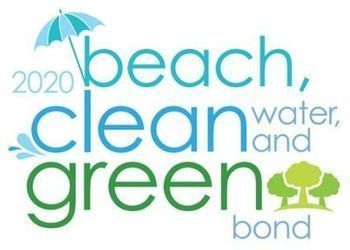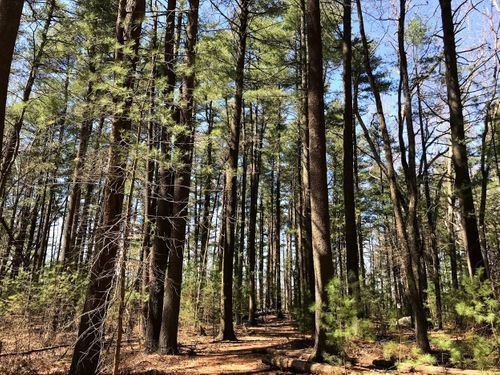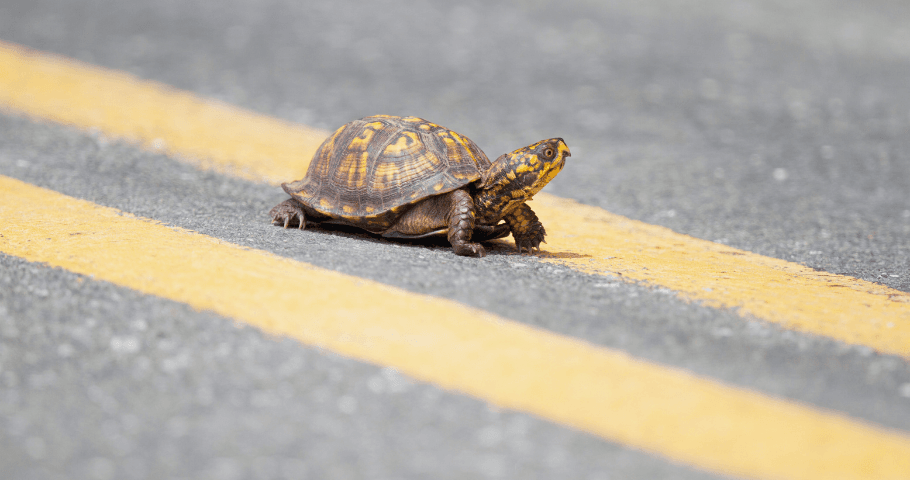
February 2021
The monthly Audubon Eagle Eye Advocacy Updates will provide you with simple actions you can take to help foster a cleaner, healthier planet along with local and national environmental news. Advocacy to protect birds and wildlife is a top Audubon priority and this work goes beyond testifying on their behalf on Smith Hill. Year round, we are working with our community partners and Rhode Island leaders to ensure the environment is a priority. These updates will keep you informed and ready to take action when the legislative session is upon us. As the newsletter continues, we are very interested in your suggestions and questions. Please send them to Audubon Senior Director of Policy Meg Kerr at mkerr@asri.org.
Sign up to get the Audubon Eagle Eye Advocacy Update in your inbox!
Ready, Set, Sort!
Do you know how to CORRECTLY sort your waste? It can be a challenge. Play this game and find out more!
Beach, Clean Water and Green Bond goes to the voters on March 2.
Please vote in support!
• $33 million for upgrades to state beaches, parks and campgrounds
• $4 million for a park on former Interstate-195 land
• $4 million for local recreation projects
• $3 million for natural and working lands
• $15 million would go to clean water and drinking water
• $7 million for municipal resiliency projects to address climate change
• $6 million for Providence River dredging
• $2 million for the Woonasquatucket River Greenway.
These programs all contribute to keeping Rhode Island the beautiful place we all enjoy and we know we can count on your support. Please encourage your friends and neighbors to also vote in support of the bond.
We have a new President!
And he has been busy making changes to ensure our government agencies work to protect birds, wildlife and the environment. Listed below are a few early actions that directly connect to the work we have done together over the past years.
Rejoining the Paris Climate Agreement
On the day he was inaugurated, President Biden rejoined the Paris Climate Agreement. Learn More
Executive Order on Protecting Public Health and the Environment and Restoring Science to Tackle the Climate Crisis
Learn More
Restoring National Monuments.
The Executive Order directs the Secretary of the Interior in consultation with the Attorney General, the Secretaries of Agriculture and Commerce, the Chair of the Council on Environmental Quality, and Tribal governments, to conduct a review of the monument boundaries and conditions that were established by Proclamation 9681 of December 4, 2017. This review will look at the Northeast Canyons and Seamounts Marine National Monument that Audubon worked to protect during the Obama administration, and the Trump administration worked to undo.
Migratory Bird Treaty Act
On February 4th, the Biden administration announced that they are delaying the rule that would have implemented the Trump administration's gutting of the Migratory Bird Treaty Act: learn more.
The Migratory Bird Treaty Act (MBTA) is America’s most important bird-protection law. Passed in 1918 with the support of advocates throughout the country, the MBTA protects nearly all of our country’s native birds. The penalties under the bird-protection law are critical incentives for companies to take common-sense precautions to help reduce bird kills, such as covering oil pits with nets and marking transmission lines so they are more visible to migrating birds.
The Trump administration interpreted the law to say that the MBTA’s protections apply only to activities that purposefully kill birds, exempting all industrial hazards from enforcement. This rule would make “incidental” bird deaths—no matter how inevitable, avoidable or devastating to birds—immune from enforcement under the law. The rule was set to take effect on February 8. Environmental groups led by the National Audubon Society on January 19 also filed a lawsuit in the U.S. District Court for the Southern District of New York challenging the rule.
At the Rhode Island State House
The Rhode Island legislature is now back at work, and we are all adjusting to working remotely as much as possible. A couple of our priority bills have been introduced:
This bill is Audubon’s top priority for the 2021 legislative session. Act On Climate 2021 makes critical adjustments to the Resilient RI Act to increase Rhode Island’s efficiency and effectiveness in responding to the climate crisis. It updates the climate targets, making them consistent with current science, requiring net zero emissions by 2050. It creates accountability and transparency by requiring the development of an online public dashboard to track emissions reductions and energy consumption. The bill makes the state’s reductions binding and provides a mechanism for enforcement. And it requires the state to plan for an equitable transition for environmental justice populations.
The Senate bill was heard on February 3 in the Senate Committee on Environment & Agriculture. It was held for further study, as bills always are, and Chair Euer (also the bill's lead sponsor) promised to bring it back quickly to the committee for a vote.
The hearing was covered by the Providence Journal and ecoRI News
Audubon’s testimony can be found here. (PDF Download)
The Ocean State Climate Adaptation and Resilience Fund (OSCAR Fund)
S0035 - Sponsored by Pearson, Euer, Coyne, Anderson, Valverde, Archambault, Kallman, Bell, DiMario, Acosta, and Calkin
The OSCAR fund would create a dedicated long-term source of grant dollars for cities and towns to help them protect vulnerable coastal habitats, as well as river and stream floodplains from climate change impacts. It would also help preserve public access to the shore. The OSCAR fund will raise $1.9M per year through a new nickel-per-barrel fee on petroleum imported by ship into Rhode Island, which is appropriate since the burning of fossil fuels contributes directly to climate change.
We are making progress on our other priorities and will let you know as soon as bills are introduced:
- A Forest Conservation Act, which will put the value of forest into statute, create a forest conservation commission to inventory forests, recommend policies, and establish a forest conservation fund.
- A Solar Siting bill, which will take an important first step towards directing solar projects to preferred locations (gravel pits, landfills, commercially zoned property).
Reducing pesticide impact on birds by banning neonicotinoid pesticides: Audubon has worked for several years on issues related to pollinator health and habitat. This work has consistently identified RI DEM’s limited capacity to manage and monitor pesticide use in the state. Dr. Charles Clarkson led the development of the state’s Breeding Bird Atlas and has spoken about declining bird numbers in Rhode Island, matching trends seen world-wide. Research is showing a link between pesticide use, particularly neonicotinoids, and impacts on birds. https://abcbirds.org/neonics
Climate Crisis Advocate Training: 2021 Edition
Tuesday, February 23, 2021; 7:00-8:15 pm | Register Here
There is more energy and support for climate action than ever. In fact, a national poll showed that Rhode Islanders think the climate crisis is the biggest issue the state must address after the pandemic. Now is the time to organize!
Join Climate Action Rhode Island, the Climate Reality Project, and the Rhode Island Climate Crisis Campaign for an online workshop that will give you the tools to take action on climate while staying at home. This workshop will help you engage in conversations about climate change and in key steps of the law-making process. Though the legislative session is virtual this year, there are plenty of good climate bills that we need your help to pass!
All people at all levels of experience with civic engagement are welcome to join! This workshop will be a little over an hour long. You will receive instructions for joining the meeting upon RSVP.























